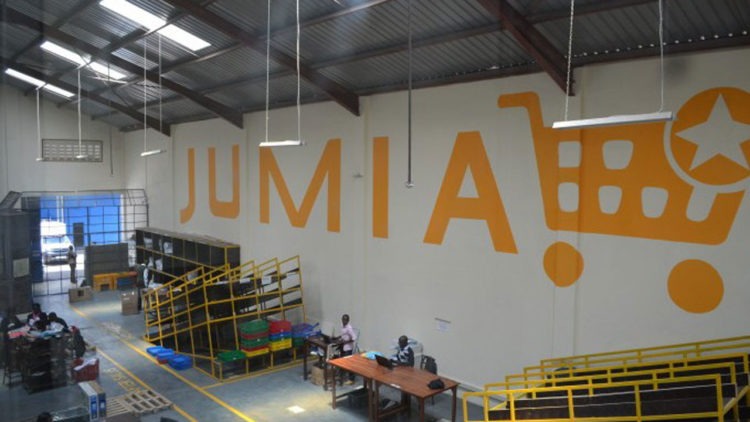Jumia, the largest e-commerce operator in Africa, has postponed its initial public offering launch.
Jumia’s anticipated billion-dollar IPO has been delayed https://t.co/ZGfMQNWMrK via @qzafrica
— Quartz Africa (@qzafrica) April 11, 2019
Quartz Africa confirmed that the IPO, initially slated for Thursday 11th has now been postponed to Friday 12th.
Abdesslam Benzitouni, Jumia’s media relations rep, informed Quartz Africa that the company moved the IPO as it wanted to update the market with some numbers for its first quarter of 2019 and so, “a day is needed for them to digest.”
It is rumored that Jumia is avoiding being drowned out by Uber’s offering. On Wednesday, it was reported that Uber Technologies– the global ride-sharing giant would be filing for its initial public offering today. Uber’s offering is expected to be the largest U.S. IPO this year and among the 10 largest of all time, and according to Wall Street Journal, the company is seeking to raise about $10 billion.
See also:
EXCLUSIVE: Uber plans to sell around $10 billion worth of stock in its IPO, according to sources pic.twitter.com/YtEJS9GL0b
— Reuters (@Reuters) April 10, 2019
Jumia Technologies filed to go public in the US in mid-March and looks to raise up to a quarter billion dollars. Jumia, which will trade as “JMIA” on the New York Stock Exchange, has set a share price range of $13 to $16 and is offering 13.5 million American depository shares for purchase.
Jumia now operates multiple online platforms in 14 African countries including Ghana, Kenya, Ivory Coast, Morocco, and Egypt. Their goods and services lines include Jumia Food, Jumia Flights and Jumia Deals. According to company data, Jumia processed more than 13 million packages in 2018. According to Crunchbase data Jumia has raised $767.7 million to-date.
Jumia is yet to make profit however, a snapshot of the company’s performance from shareholder Rocket Internet’s latest annual report shows an improving revenue profile. The company generated a revenue of €93.8 million in 2017, up 11 percent from 2016, though its losses widened (with a negative EBITDA of €120 million).














